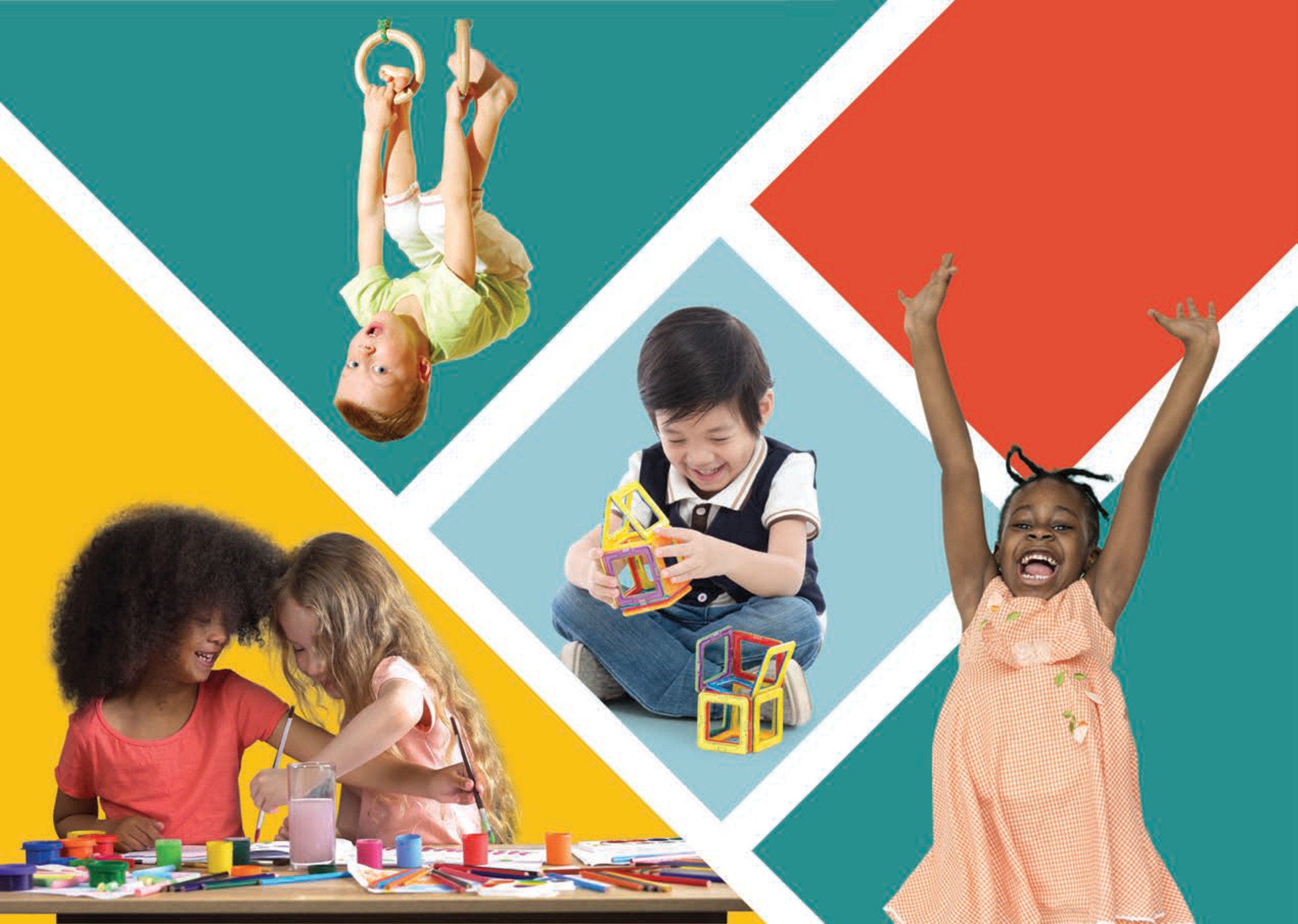The first five years of a child’s life can be a period of great opportunity, and great vulnerability. Children learn at a faster rate than at any other time in their lives, building the foundations for their future cognitive and social-emotional skills development. Building advanced cognitive and social-emotional skills is far more difficult and less effective at later ages without a strong early foundation. Education systems that wish to achieve a step-change in student outcomes are well advised to increase their focus on the quality, responsiveness and effectiveness of their early years policies for children.
The International Early Learning and Child Well-being study (IELS) puts a spotlight on how children are faring at five years of age. The study directly measures key indicators of children’s learning, as well as collecting a broad range of developmental and contextual information from children’s parents and teachers. The study does not attempt to measure everything. Instead, it focuses on those aspects of development and learning that are predictive of children’s later education outcomes and wider well-being. These are: emergent literacy and numeracy, self-regulation, and social-emotional skills. Across these four early learning domains, a total of ten dimensions of children’s development and learning were included in the study.
Estonia participated in this study with two other OECD countries: England (United Kingdom) and the United States. Each of these countries recognises children’s early years as critical to children’s later learning and well-being. Each country participated in this study to enhance the body of international evidence available to policy makers, education leaders and practitioners, and parents to improve children’s early learning outcomes. The information from the study provides each country with insights to inform their approaches to children’s early years and their approaches in the early years of schooling. This report presents the findings of the study for Estonia.





